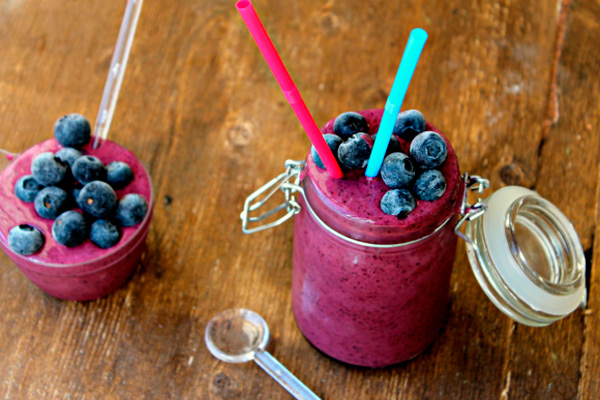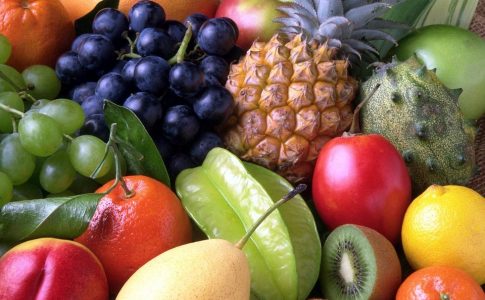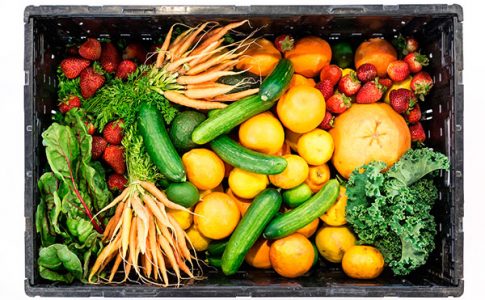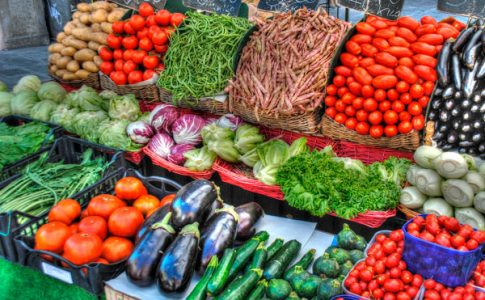Do you take notice of what you eat during each season? Paying attention to the seasonal fruits that you eat could be more beneficial to your health because generally, if we consume the products that are harvested in those specific months, they are fresher and they conserve all of their vitamins and minerals.
For example, fruits specific to summer are some of the nation’s favourite fruits are ideal for the summer months as they have a high water and fibre content which is ideal to beat the heat and dehydration of the hottest months of the year.
Gooseberries
Gooseberries are commonly used in fruit desserts or served in cooked sauces. They are low in calories which is perfect for anyone monitoring their calorie intake. You can also use the food calorie calculator to make sure you don’t exceed the recommended daily amount of calories.
These summer fruits are also fat- and cholesterol-free and contain a good source of essential nutrients including vitamin C, vitamin A, manganese and fibre.
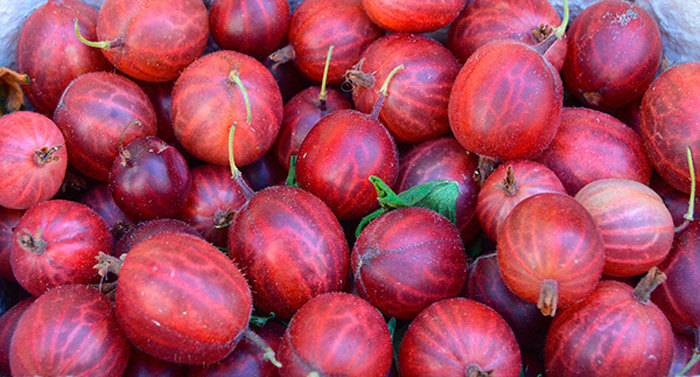
Strawberries
Thanks to importation, strawberries are available all year round but they retain their nutrients and taste better when they are freshly picked during the short summer months. Therefore it’s best to wait for the summer months to reap all the benefits. Strawberries are bursting with vitamins, fibre, and particularly high levels of antioxidants known as polyphenols.
Strawberries are a sodium-free, fat-free, cholesterol-free, and are a low-calorie food. They are among the top 20 fruits in antioxidant capacity and are a good source of magnesium and potassium.
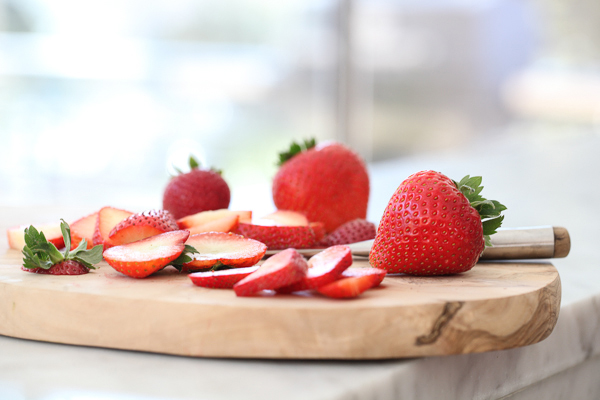
Blueberries
Fresh blueberries are one of the most popular summer treats of all time. They are sweet, succulent, full of nutrients, and can be eaten freshly picked as well as incorporated into a variety of recipes. Blueberries contain iron, calcium, magnesium, zinc and vitamin K which all contribute to building and maintaining bone structure and strength. Fibre is also present in blueberries and can help in weight loss and maintaining a healthy digestive system.
High fibre foods increase satiety and reduce appetite, making you feel fuller for longer and thereby lowering your overall calorie intake. You can also use the food calorie calculator to monitor your calorie intake and make sure you don’t surpass your recommended daily amount.
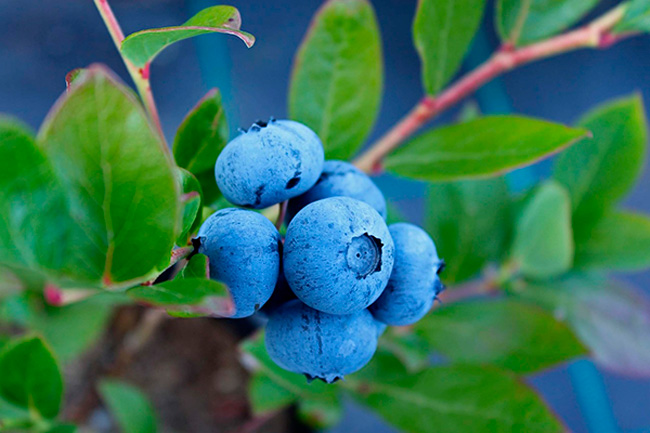
Nectarine
A smooth-skinned variety of peach, the nectarine has a similar flavour to a peach with slightly more acidity. The flesh is light pink, yellow or white and is delicate and sweet. Nectarines are high in vitamins A, B, and C, and are lower in calories than peaches. The nectarine is a healthy source of B-complex vitamins and minerals.
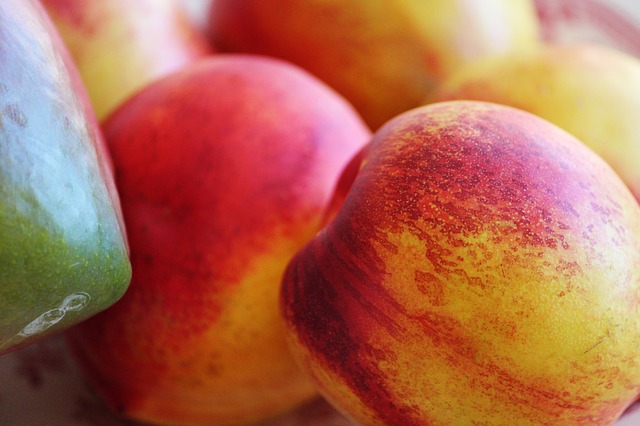
It is rich in niacin, pantothenic acid, thiamin, and pyridoxine. In addition, it contains an appropriate ratio of minerals and electrolytes such as potassium, iron, zinc, copper and phosphorus. Iron is required for red blood cell formation and potassium is an important component of cell and body fluids that help regulate heart rate and blood pressure. Nectarines are a great snack throughout the summer days and will keep you refreshed and hydrated while you enjoy the sunshine.

